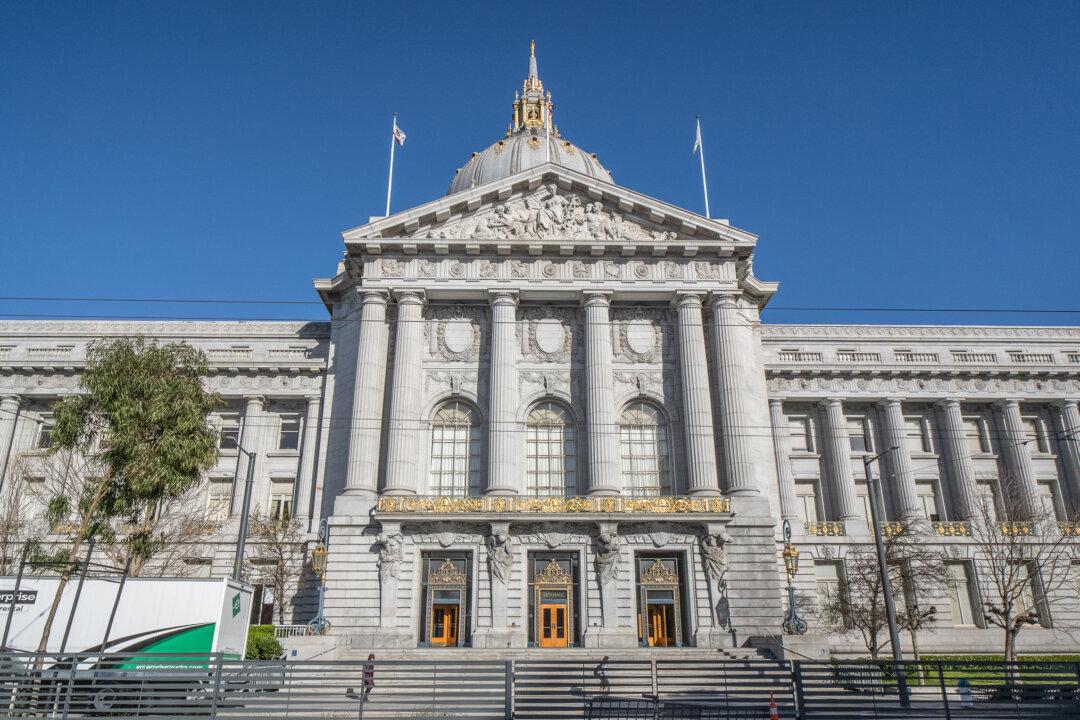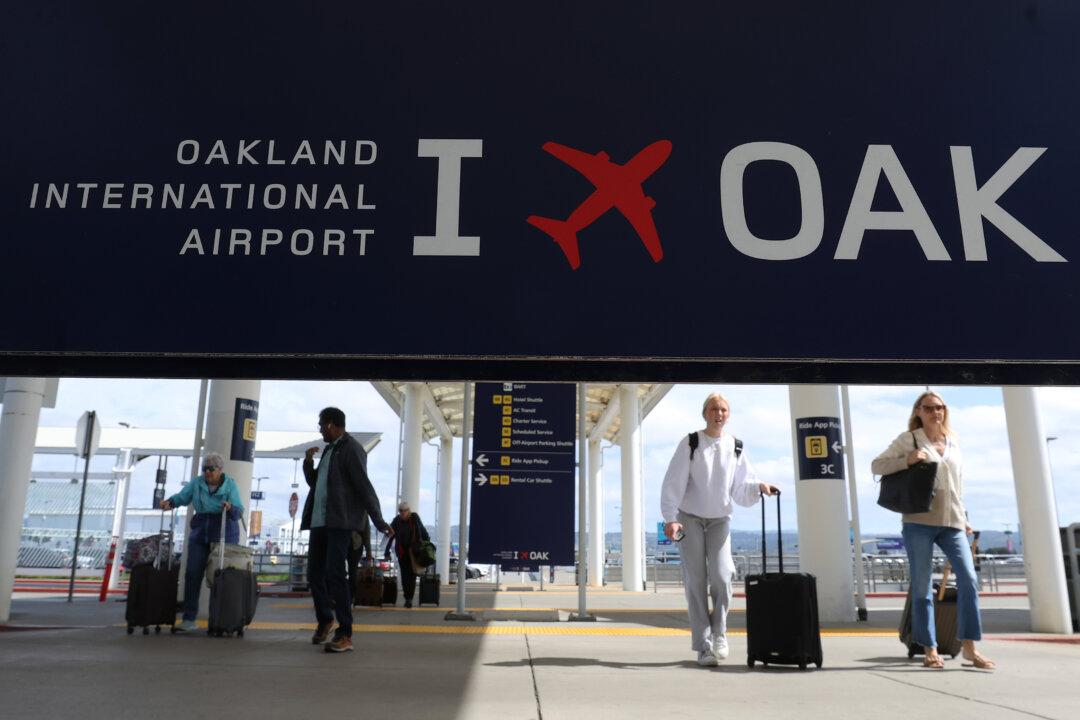SAN FRANCISCO—The San Francisco Board of Supervisors voted 7–4 on April 25 to rescind the 12X State Travel Ban.
The ban is a city administrative code that prohibits city-funded employee travel to 30 listed states and forbids city contracts involving those states. It serves as a boycott of states considered to be restrictive of abortion, voting, or LGBTQ rights.





